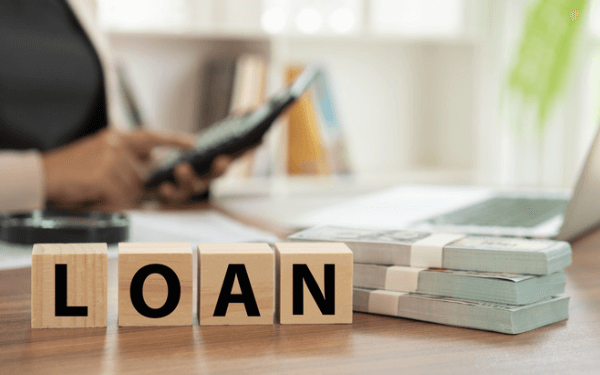
The latest data from the Bank of Ghana (BoG) paints a concerning picture for borrowers, revealing that no financial institution in Ghana offers loans to individuals at interest rates below 20%. The BoG’s Annualized Percentage Rates (APRs) report for March 2025 highlights that some banks charge interest rates on household loans that climb as high as 50%.
This data underscores the financial burden many individuals face when seeking credit, with interest rates across the banking sector ranging between 20% and 50% for loan tenures of one, three, and five years. The APR, as explained by the BoG, represents the true cost of borrowing. It includes the Ghana Reference Rate, risk premia specific to individual banks, and additional bank-specific charges.
Interest Rate Breakdown for Household Loans
The report provides a detailed analysis of the interest rates charged by banks, shedding light on the disparities in borrowing costs.
One-Year Loan Tenure
For loans with a one-year tenure, Guaranty Trust Bank (Ghana) Limited emerged as the most affordable lender, offering a competitive rate of 23.80%. Following closely were:
Bank of Africa Ghana Limited: 25.93%
GCB Bank Limited: 27.20%
Societe Generale Ghana PLC: 27.48%
Republic Bank (Ghana) PLC: 29.12%
On the higher end, Standard Chartered Bank (Ghana) Limited charged 29.67%, while Absa Bank Ghana Limited set rates at 32.08%. Rates soared further with Ecobank Ghana Limited (32.93%), Zenith Bank (Ghana) Limited (33.24%), and Access Bank Ghana Plc (33.30%). The steepest rate was recorded by Stanbic Bank Ghana Limited, at an alarming 50.80%.
Three-Year Loan Tenure
For three-year loans, Guaranty Trust Bank (Ghana) Limited maintained its position as the most competitive lender with a rate of 21.60%, followed by:
Societe Generale Ghana PLC: 23.17%
Fidelity Bank Ghana Limited: 24.30%
However, Stanbic Bank Ghana Limited again recorded the highest interest rate in this category at 42.57%, reflecting a significant disparity in borrowing costs.
Five-Year Loan Tenure
The trend persisted for five-year loans, with Guaranty Trust Bank (Ghana) Limited offering the lowest rate at 21.02%. Other notable rates included:
Societe Generale Ghana PLC: 22.27%
Fidelity Bank Ghana Limited: 22.96%
Rising Costs and Economic Implications
The sharp rise in borrowing costs reflects broader economic challenges, including inflationary pressures and heightened risk assessments by banks. The high interest rates not only place a significant financial strain on households but also impact businesses and economic growth, as access to affordable credit remains limited.
Financial analysts have urged the central bank and policymakers to explore measures that could alleviate the cost of borrowing, such as incentivizing banks to lower their rates and improving the macroeconomic environment. Without such interventions, many individuals and businesses may find themselves increasingly excluded from credit markets.
This latest BoG report serves as a wake-up call for all stakeholders to address the underlying issues driving up interest rates and to work toward a more inclusive financial ecosystem.
Story by: Mercy Addai Turkson #ahotoronline.com

